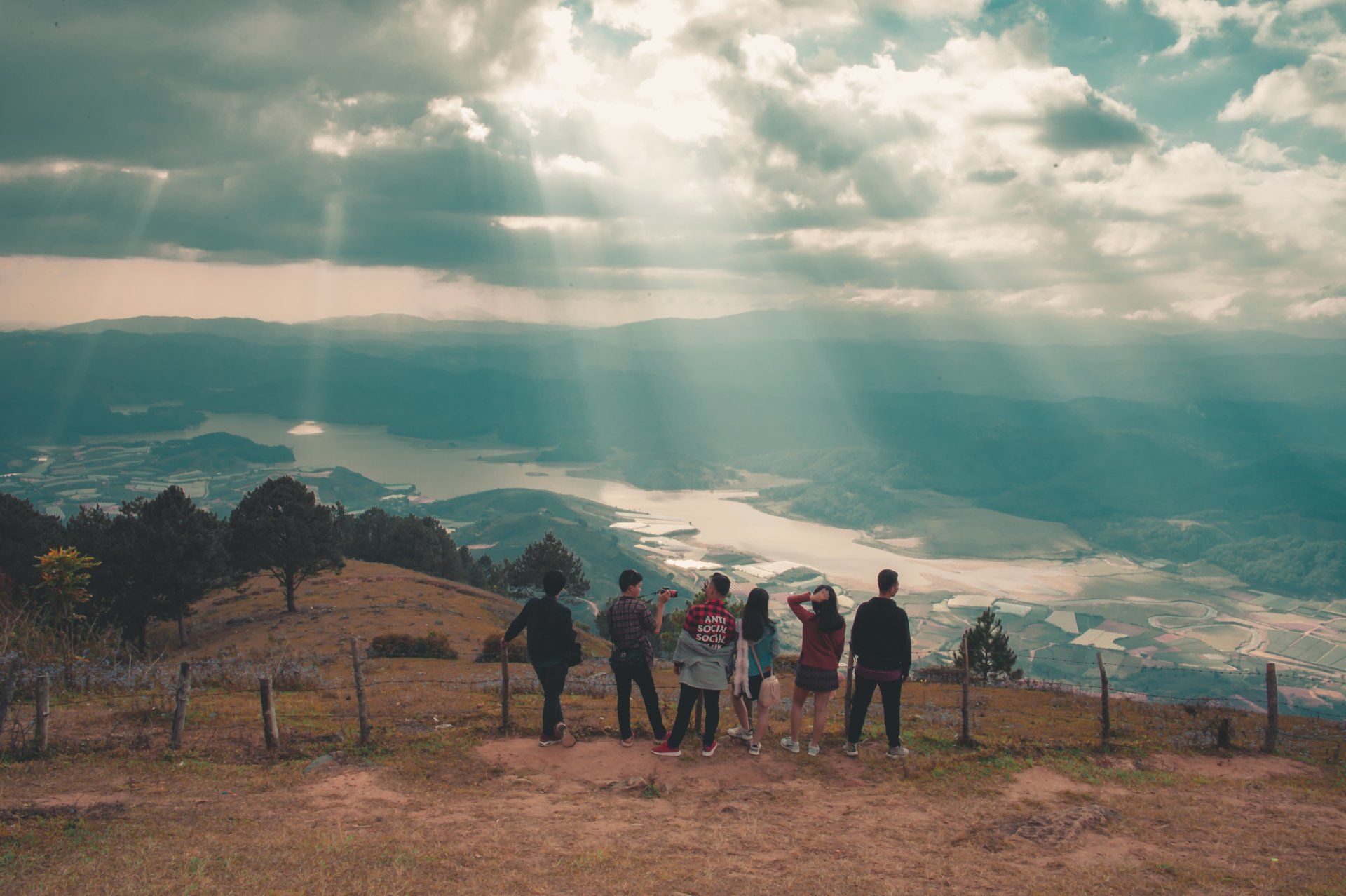Cultivating Friendship for Relationship Warriors

Feeling secure in your self-identity provides a foundation from which to reach out to another. “Hi I’m Jason and I Coach couples and partnerships to be more conscious and intentional in their relationships”.
Consider your personal ‘lift-sell’ and prepare for a few different audiences. I am not less if you do not want to know me. I am not less by failing to mention the many other things I do. In this context, that’s what I want you to know about me. If this were a conversation now, how would you share something appropriate about yourself to co-create this relationship?
In the words of Faith Fuller PhD, co-founder of CRR Global, “A Relationship Warrior is someone who believes relationships matter and has the tools and skills to achieve the goal of what we call Right Relationship”. What does Right Relationship mean to you?
It has become more common to encounter the perspective of seeing conflict-as-ally, and this is a good foundation for the practice of cultivating friendship, for there are few relationships that grow and endure that do not possess some level of conflict. Even when the conflict is not externalised, it may exist in different ‘parts’ of our inner experience such as the empathic part that craves connection and wants to go and talk to the person at the event who is standing on their own being held back by the part that holds you back because they are protecting you from rejection and embarrassment just like happened that time when you … get the drift.
So cultivating friendship begins with the inner work, creating alignment between our inner team so we can have confidence in the self-identity from which we operate; with becoming aware of the stories we tell ourselves and how we live from them and reflecting on if these stories serve us or sabotage us. Sometimes we sabotage ourselves to fail at the thing we knew we would fail at, because who doesn’t like to be right?
And there are many ways to develop our friendships with our internal family system. If you are religious there are doubtless practices you can find in your preferred system. As simply a couple of examples: In Christian adoration, not only do you gaze on God, but you reflect on how God gazes on you, seeing you as a perfect and lovable creation. Buddhism directs us with the highly accessible practice of Metta, to list only one valuable approach with much scientific validation.
Through Coaching we can develop our awareness of the ‘Saboteur’ voices and choose to empower wiser ‘Sage’ perspectives. Counselling and Psychotherapy allow a deeper understanding, acceptance and healing. Combine all of the above and you are sure to be successful as you take your friendship cultivation outwards as an expression of yourself.
The next steps can then feel quite simple. How can you consciously and intentionally be ‘in-relationship’ with the different people who are already in your life? What actions can you take today to pay positivity into the shared ‘emotional bank’ as a little insurance against the cruchy conflict lurking around the corner. And when it comes, how can you be comfortable with conflict, honest with yourself and others. A simple tool to leave you with can be remembered with the acronym C.O.I.N.
When there’s something you want to discuss, first share the Context so there’s clarity on what is being discussed. Then share your observation and own it using non-blaming “I” statements, what was the Impact of this behaviour, and what’s the change you would like to see Next.
For example: “At the dinner event you made some negative comments about some of my friends and I was embarrassed and felt in an uncomfortable position. In future, kindly keep your thoughts to yourself or share with me privately.”
Be willing to resolve things without blaming and get clear on why it’s important to resolve it, such as the value of the relationship you have with the other person. Being willing to put the relationship first, share your personal perspective and listen honestly to others are some of the essential ingredients for Relationship Warriorship.
No need to wait until there’s problems to call in a professional coach or counsellor, speak to us about how to design your individual, couples and partners, or team and family relationships for greater ease and flow.










